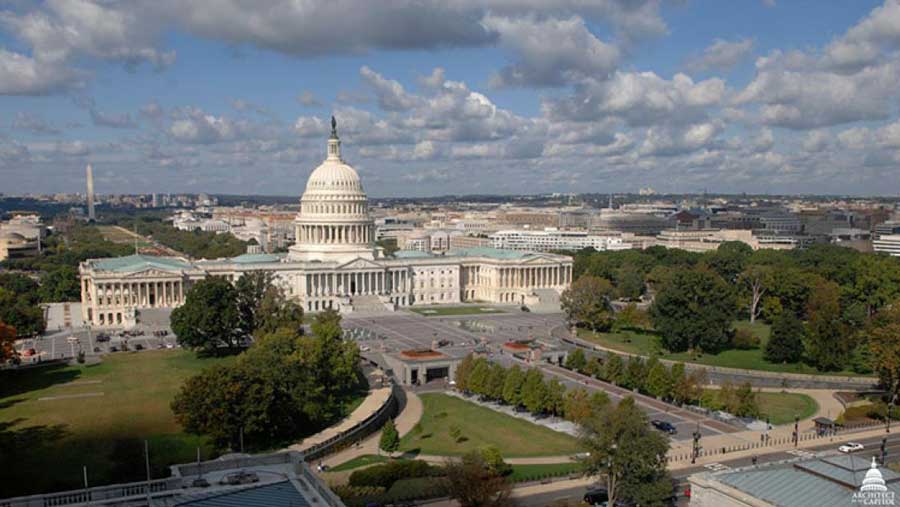Groups Pressure Senate to Preserve Lifeline Program

The smarter way to stay on top of broadcasting and cable industry. Sign up below
You are now subscribed
Your newsletter sign-up was successful
Three dozen organizations, including Common Cause, Common Sense and the Communications Workers of America, have sent letters to individual members of the Senate asking them to preserve the Lifeline communications subsidy program from what they say are FCC efforts to undermine it.
The Lifeline program is part of the Universal Service Fund subsidy and is directed at those who can't afford access to basic communications—originally phone and increasingly internet.
In the letter, the groups dub the program a "successful public-private partnership."
Related: Senate to Drill Down on Lifeline Program
"While critics have focused on alleged fraud and abuse as a reason to eliminate or limit the program, these critiques ignore the reforms already adopted that safeguard the program," the groups said. "Lifeline modernization involved sweeping reforms, including minimum standards obligations, additional cost-control measures, and a budget of $2.25 billion annually. These reforms are rapidly being implemented and are the most effective way to safeguard the program and ensure that program funds go to families in need. Implementation of the newly adopted independent eligibility verifier begins this year and will be complete by the end of 2019."
That is, they said, unless FCC Chairman Ajit Pai takes steps to jeopardize it. "For example, under his direction, the Commission revoked approvals for Lifeline Broadband Providers (LBPs) — blocking innovative business models for low cost high quality services for low-income people that the Lifeline modernization order intended to spur. Until the Commission addresses the Lifeline broadband ETC [eligible telecommunications carriers] approval process, Lifeline broadband providers are on hold. In addition, Chairman Pai’s FCC has refused to defend last year’s Lifeline order in court.”
Pai argued the ETC needed to be on hold while the FCC worked on cleaning up the waste and fraud the Government Accountability Office has identified.
For example, GAO was unable to confirm whether 36% of the 3.5 million individuals it reviewed (or some 1.2 million) individuals actually participated in any of the qualifying programs, like Medicaid, that they stated on their applications for the subsidy.
Pai has not actively defended the earlier order, adopted under his predecessor, because he dissented from that decision, both over issues with how it was achieved and for what he said was a lack of cost-containment and abuse-containment measures.
Related: Pai Pushes States for Lifeline Abuse Info
Critics of the way the program is handled point to the waste, fraud and abuse cited in that GAO report.
In fact, one of those is the top Democrat on the Senate Homeland Security & Governmental Affairs Committee, Claire McCaskill (D-Mo.), who concluded that the program was plagued by "massive fraud" and "waste" based on that report.
Just two weeks ago, the FCC identified the six states that will be in the initial launch of its new process for approving those Lifeline ETCs an effort to make sure telecom subsidies are going to the right people.
The identifier is part of that controversial Lifeline reform item, adopted under former chairman Tom Wheeler and supported by the groups filing the letter this week.
While then Republican Commissioner Ajit Pai opposed the item for failing to cap the fund, he supported efforts to curb potential gaming of the system.
The smarter way to stay on top of broadcasting and cable industry. Sign up below
Contributing editor John Eggerton has been an editor and/or writer on media regulation, legislation and policy for over four decades, including covering the FCC, FTC, Congress, the major media trade associations, and the federal courts. In addition to Multichannel News and Broadcasting + Cable, his work has appeared in Radio World, TV Technology, TV Fax, This Week in Consumer Electronics, Variety and the Encyclopedia Britannica.

